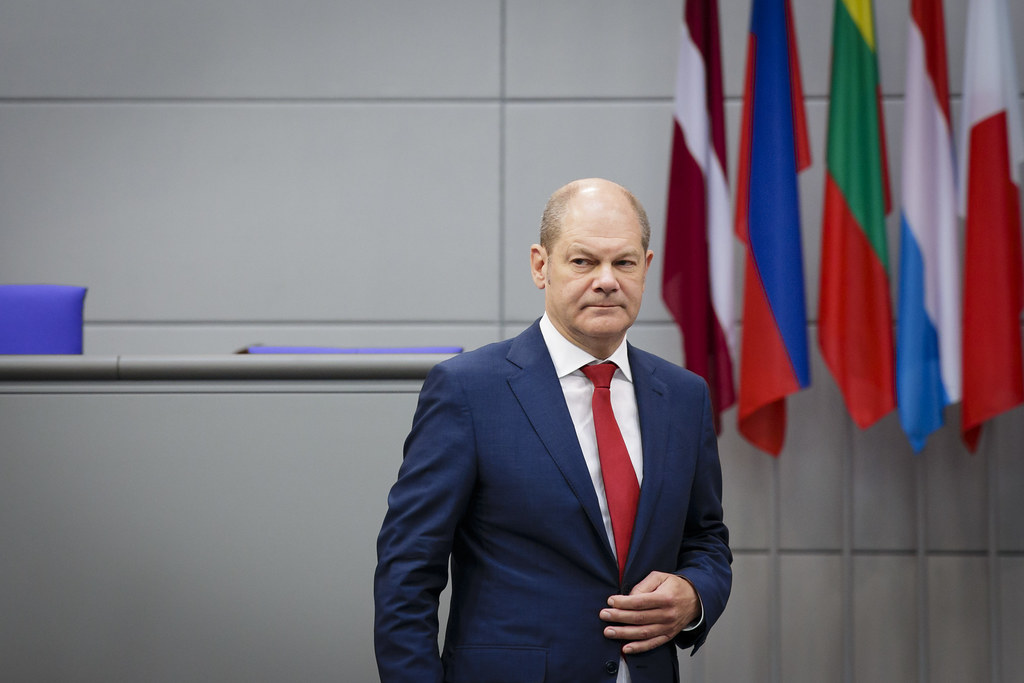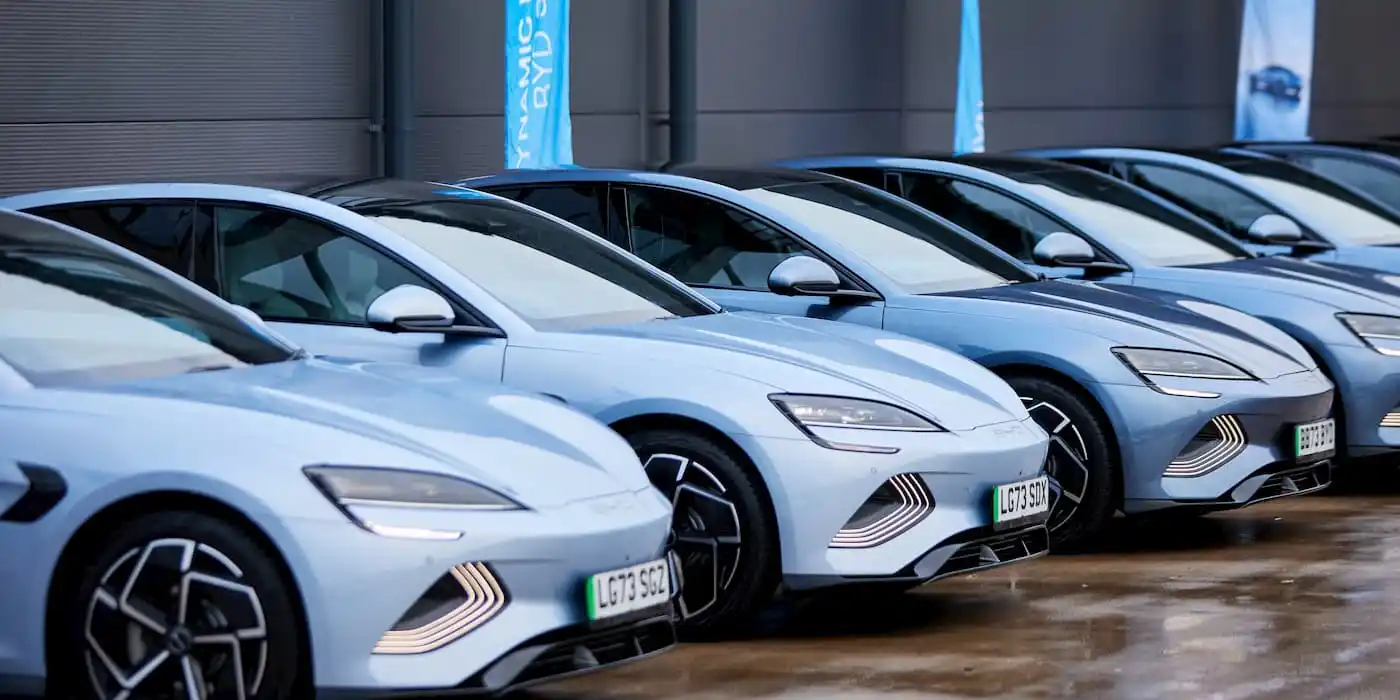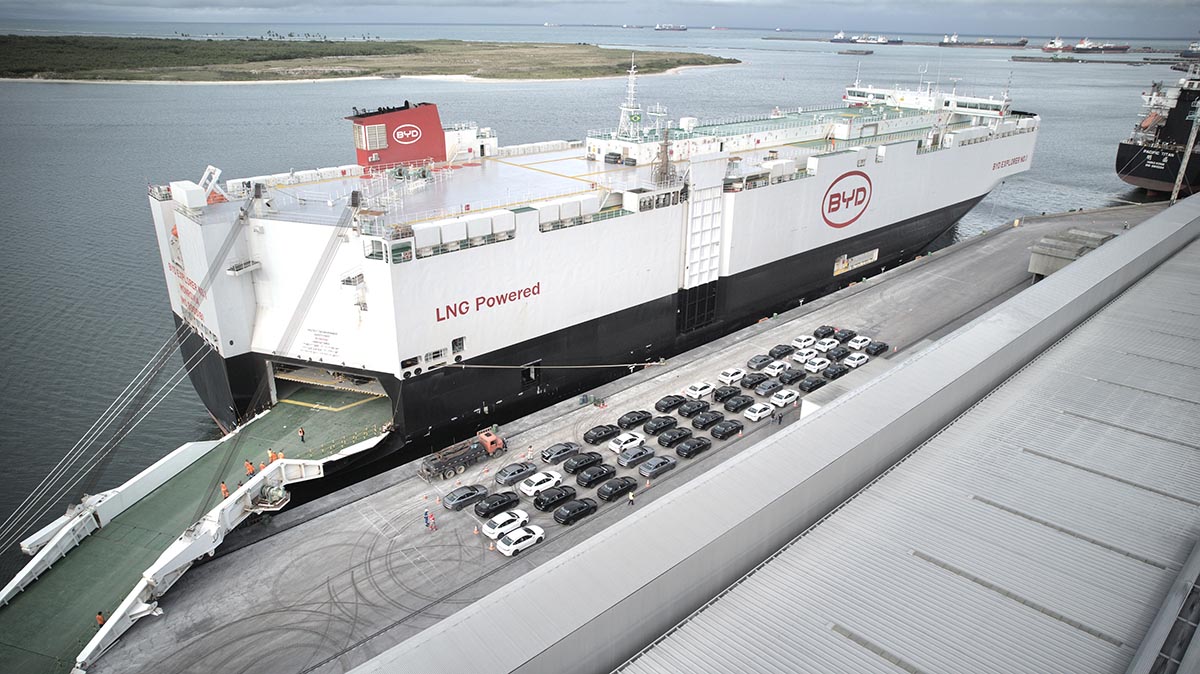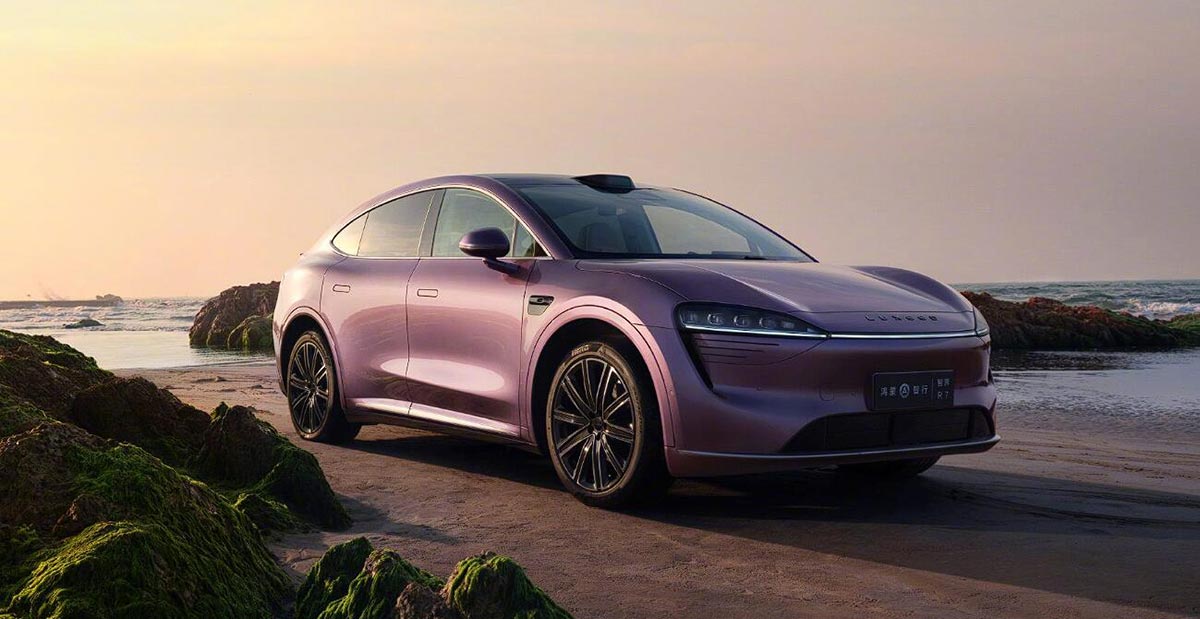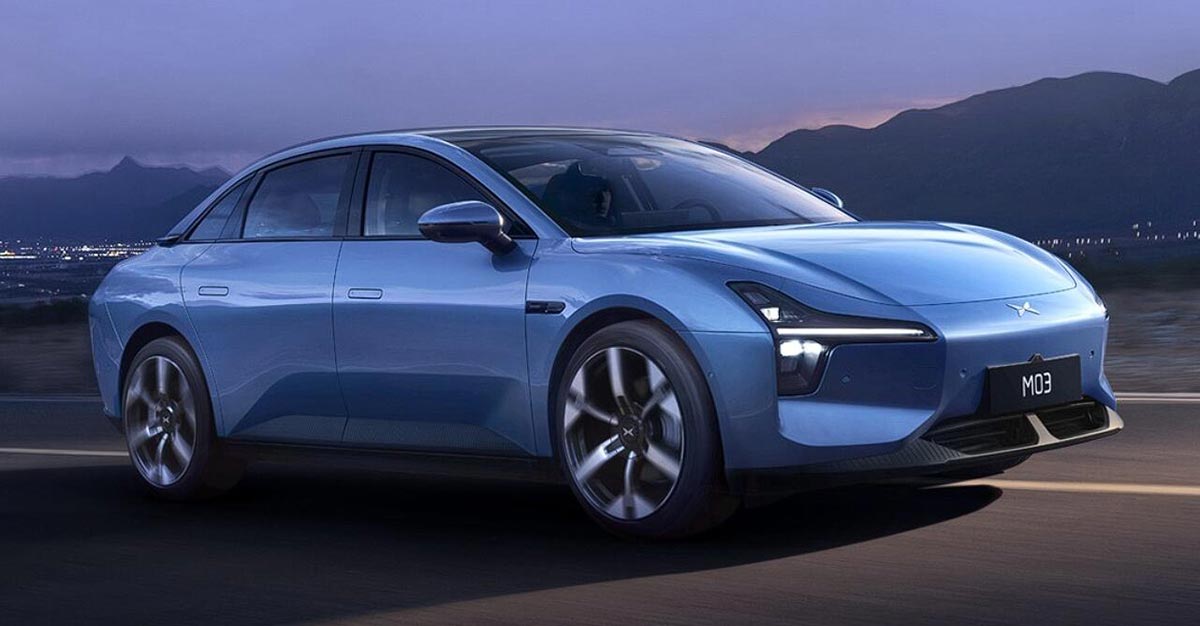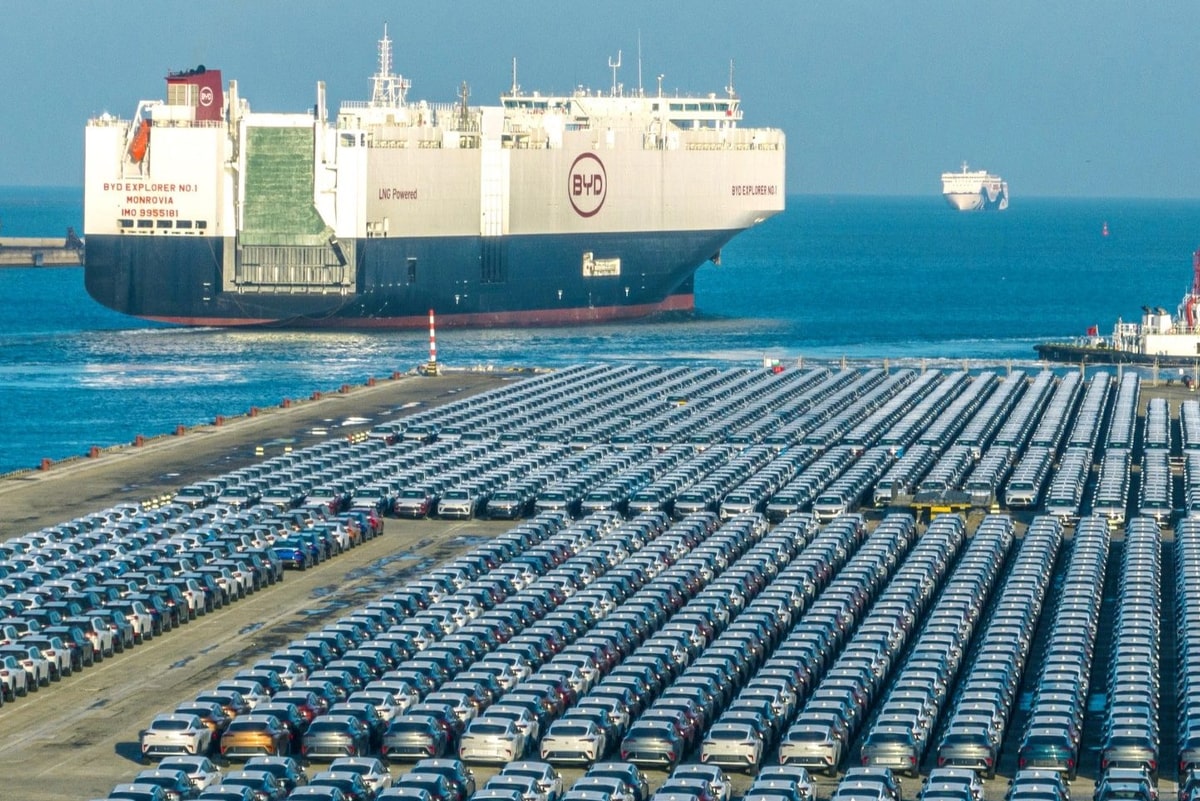German Chancellor Olaf Scholz has voiced his opposition to restricting automotive trade, particularly as the European Union (EU) edges closer to imposing tariffs on electric vehicles (EVs) imported from China.
Speaking on Saturday, Scholz emphasized that Germany’s auto industry benefits from its business in China and can compete with Chinese carmakers as long as trade remains “fair and free.”
The EU is anticipated to announce tariffs this month targeting Chinese electric cars following an investigation into the country’s EV subsidies. In response, Beijing has hinted at imposing retaliatory duties on EU-made cars with large engines, a move that would disproportionately affect Germany’s Mercedes-Benz, Porsche, and BMW.
Scholz, speaking at an event organized by Stellantis’s Opel subsidiary in Ruesselsheim, Germany, criticized isolationist policies and illegal customs barriers, stating that such measures only increase costs and diminish prosperity. He emphasized the importance of keeping markets open to foreign companies, as closing them off would be detrimental to German companies as well.
Germany’s influential car industry has strongly opposed tariffs, arguing that its business with China helps secure jobs at home. Former Volkswagen CEO Herbert Diess warned earlier this month that an escalating trade dispute would lead to inflation and hinder the transition to a cleaner economy.
As Brussels deliberates on tariffs, EV sales in Europe are slowing, prompting automakers like Volkswagen Group and Mercedes-Benz to adjust their strategies. Scholz urged the industry to continue transitioning to battery power to remain competitive in the future.
“Doubting progress, delaying renewal and transformation – that would have bitter consequences,” Scholz stated. “If we do that, others will overtake us.”
The outcome of the EU’s decision on tariffs could significantly impact the automotive industry’s future trajectory, particularly in terms of competitiveness and market dynamics.

